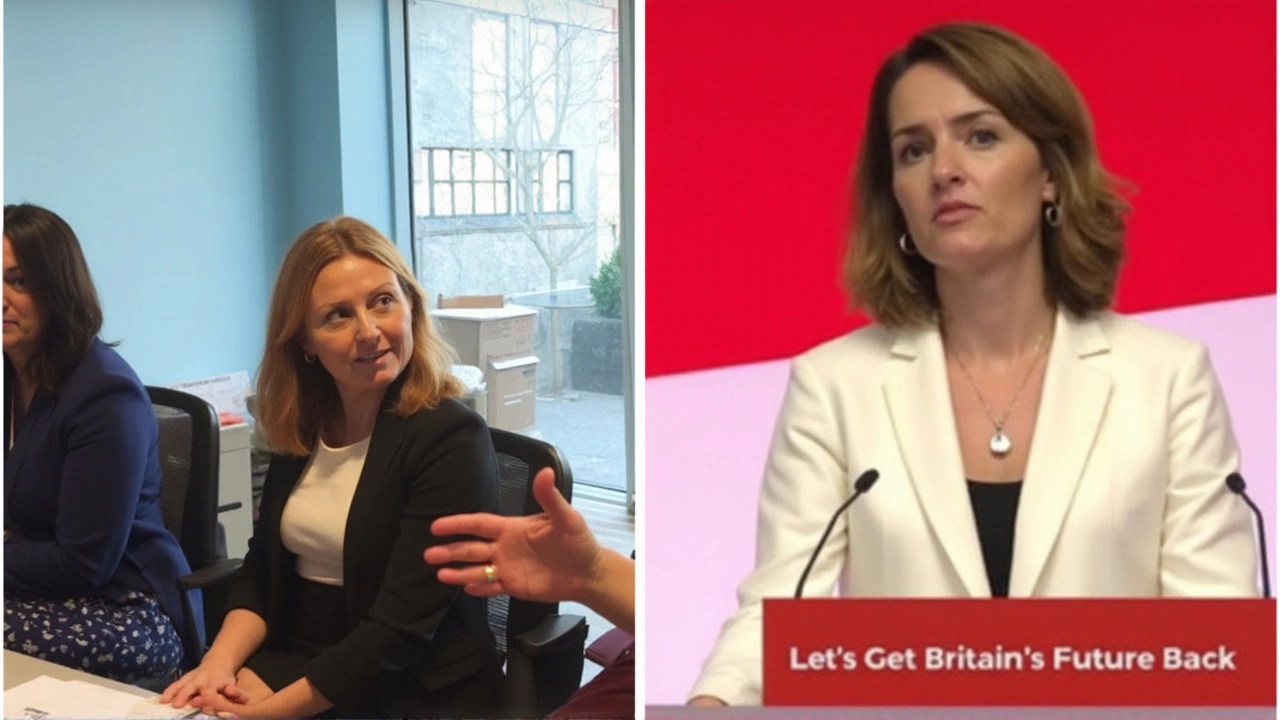Labour Divided as Welfare Cuts Spark Outrage
More cracks have appeared in Keir Starmer’s Labour government after Vicky Foxcroft resigned as a government whip, sending ripples through Westminster. Foxcroft’s resignation letter, addressed directly to Starmer, made it clear she could not support his government’s plans to slash disability benefits—a move she says puts the burden on the shoulders of the most vulnerable.
The reforms aren’t just numbers on a spreadsheet. At the heart of the controversy is the tightening of eligibility for Personal Independence Payment (PIP), the UK’s primary cash support for disabled people. Under the new rules, more claimants are expected to be ruled ineligible, making it harder for those with certain conditions to qualify. On top of that, the proposed overhaul reduces the sickness-related component of Universal Credit (UC), pushing the chronically ill to prove they’re ‘sick enough’ for support. For those under 22, there’s an extra sting—a delay in accessing sickness benefits, making young people wait longer for financial help.

Internal Labour Revolt and What’s at Stake
Foxcroft’s public stand against Starmer’s shakeup isn’t an isolated act. She’s echoed by a sizeable group of Labour backbenchers, dozens of whom have already called the proposals ‘impossible to support’ both privately and in parliamentary statements. Some insiders say there are threats of abstentions or outright rebellion if the plans remain unchanged, leaving Starmer’s team facing tough questions just weeks ahead of the bill’s critical second reading.
The disability benefits crackdown isn’t just about ideology—it’s also an economic gamble. Starmer’s leadership claims the changes, expected to save £5 billion a year, are necessary to shore up public finances and get more people into the workforce. They argue that too many are languishing on long-term sickness benefits, and that tightening welfare can nudge people back toward jobs. Opponents, though, counter that the plan doesn’t address the root cause—barriers like discrimination, lack of workplace adjustments, and a still-flawed job market for disabled people. Instead of support to find meaningful work, critics say, the government is creating extra hoops and hardship.
Foxcroft herself has been vocal about real-world consequences. In her letter, she urged the government to focus on ‘removing the barriers’ to employment rather than punishing those who can’t work. She’s not alone—charities and advocacy groups have flooded MPs’ inboxes with stories of people fearing they’ll lose vital income or be pushed to work beyond their capabilities. The timing also hasn’t helped: the bill was introduced to Parliament on June 19, just as the cost-of-living crisis continues to erode financial security for many Britons with disabilities.
So what happens now? The Universal Credit and Personal Independence Payment Bill’s second reading is set for July 1—a date that’s likely to see fierce debate and a possible rebellion brewing on the Labour benches. Starmer’s team could face the awkward spectacle of MPs voting against their own government, or a string of high-profile resignations if party whips press too hard. Either way, the debate over welfare and who deserves support in Britain just got a lot louder—and Labour’s unity a lot shakier.
